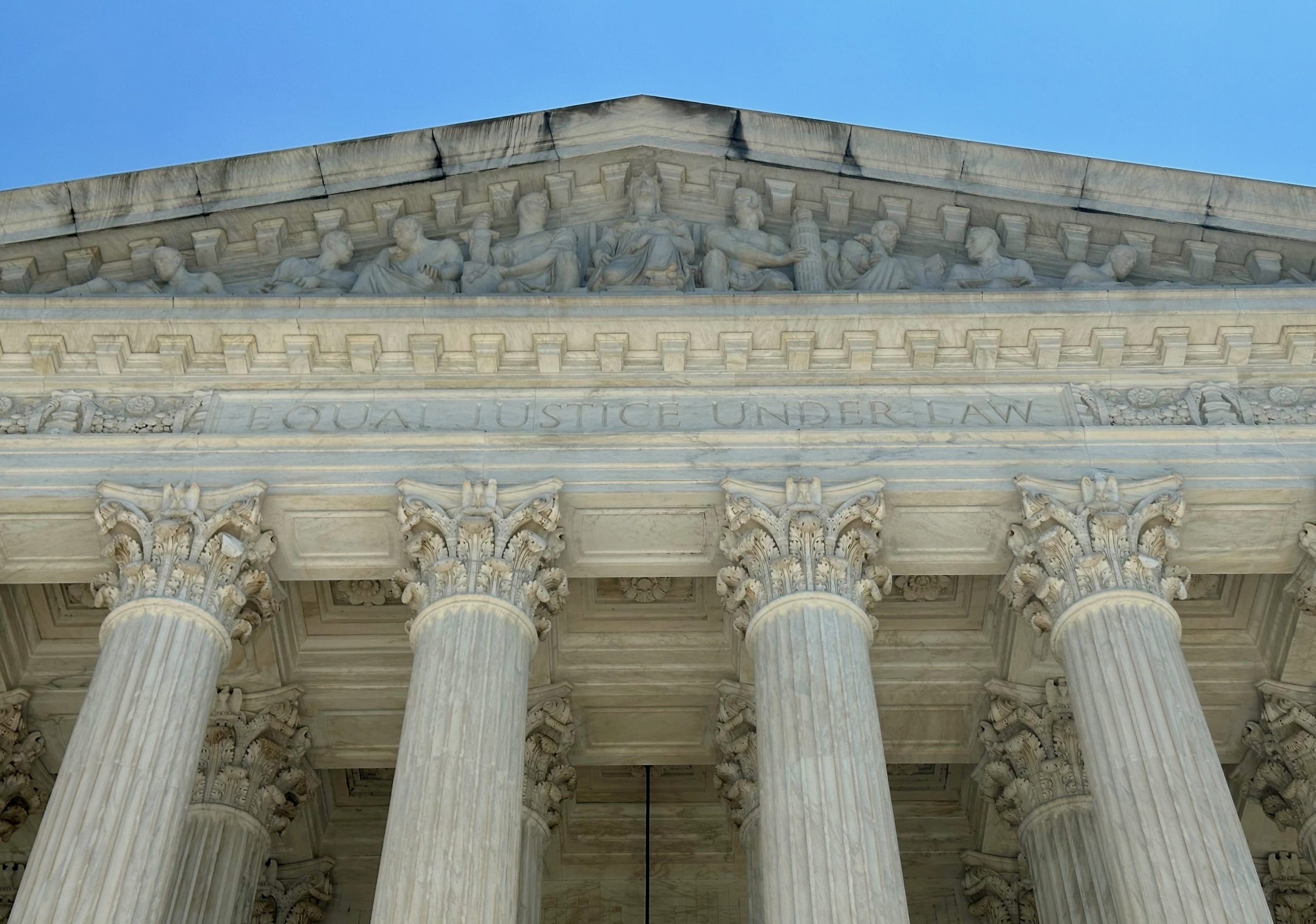Court grants challenge to FCC subsidies over nondelegation doctrine


The justices on Friday created the prospect of another major ruling on the role of administrative agencies and Congress’s ability to delegate power to those agencies. At the Biden administration’s request, the court agreed to review a ruling by the U.S. Court of Appeals for the 5th Circuit that invalidated parts of a program by the Federal Communications Commission to improve internet and phone services in underserved areas.
The court of appeals said that the program violated the Constitution by improperly delegating Congress’s power to the FCC and the FCC’s power to a private company.
The theory at the heart of the case, Federal Communications Commission v. Consumers’ Research (along with a parallel case also granted on Friday, Schools, Health and Libraries Broadband Coalition v. Consumers’ Research), is known as the nondelegation doctrine. The Supreme Court has not relied on the doctrine in nearly a century, but conservative lawyers and business groups have urged the justices in recent years to revive it. (John Elwood and Kal Golde both discuss the cases in more detail in recent stories for SCOTUSblog.)
In a brief order from the justices’ private conference on Friday morning, the justices agreed to take up both cases. They also instructed the parties to the case to address an additional question: whether the case is moot (that is, no longer a live controversy) because Consumers’ Research, the advocacy group challenging the program, failed to seek preliminary relief in the 5th Circuit.
The cases will be argued together sometime in March or April of next year, with a decision to follow by late June or early July.
This article was originally published at Howe on the Court.
Posted in Merits Cases
Cases: Federal Communications Commission v. Consumers’ Research, Schools, Health & Libraries Broadband Coalition v. Consumers’ Research
